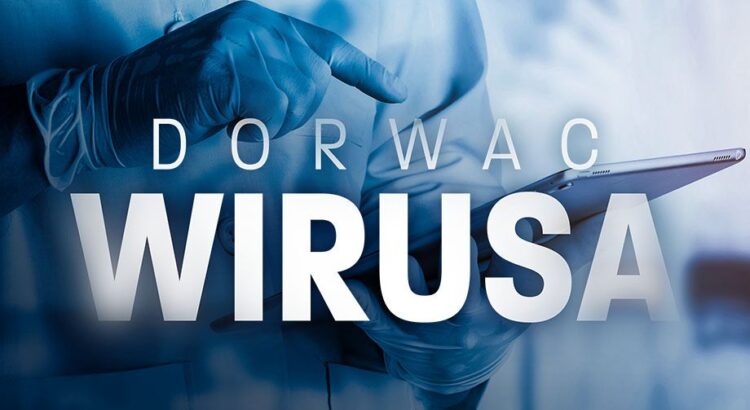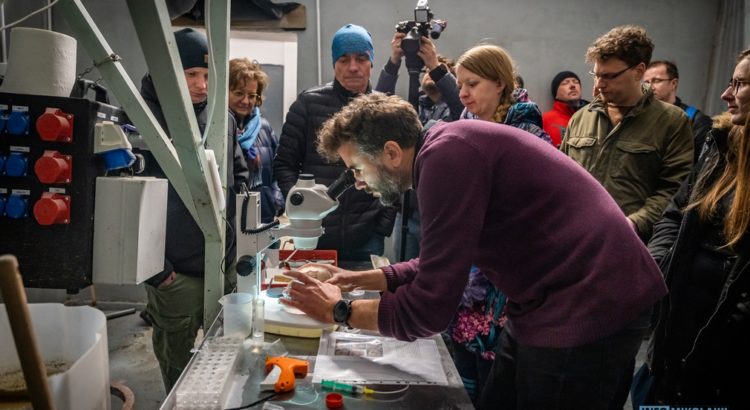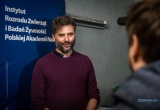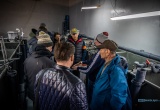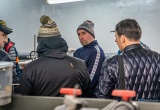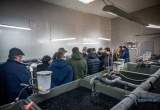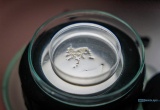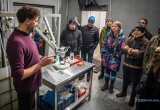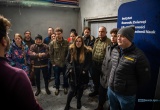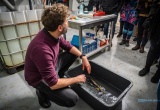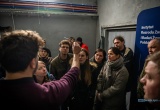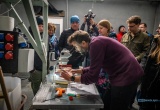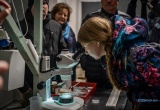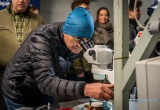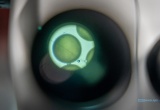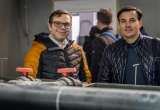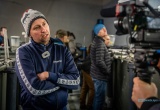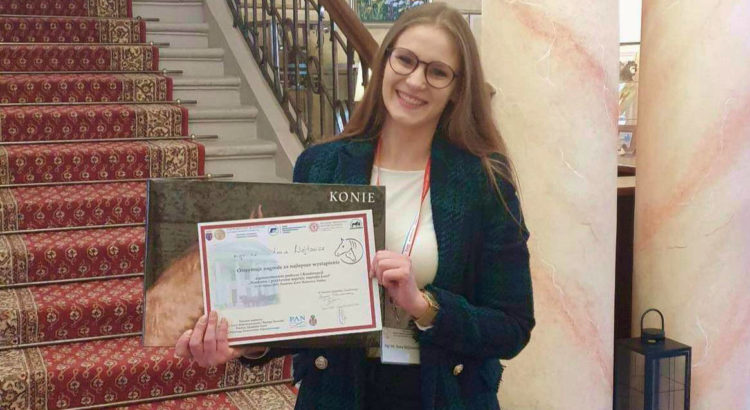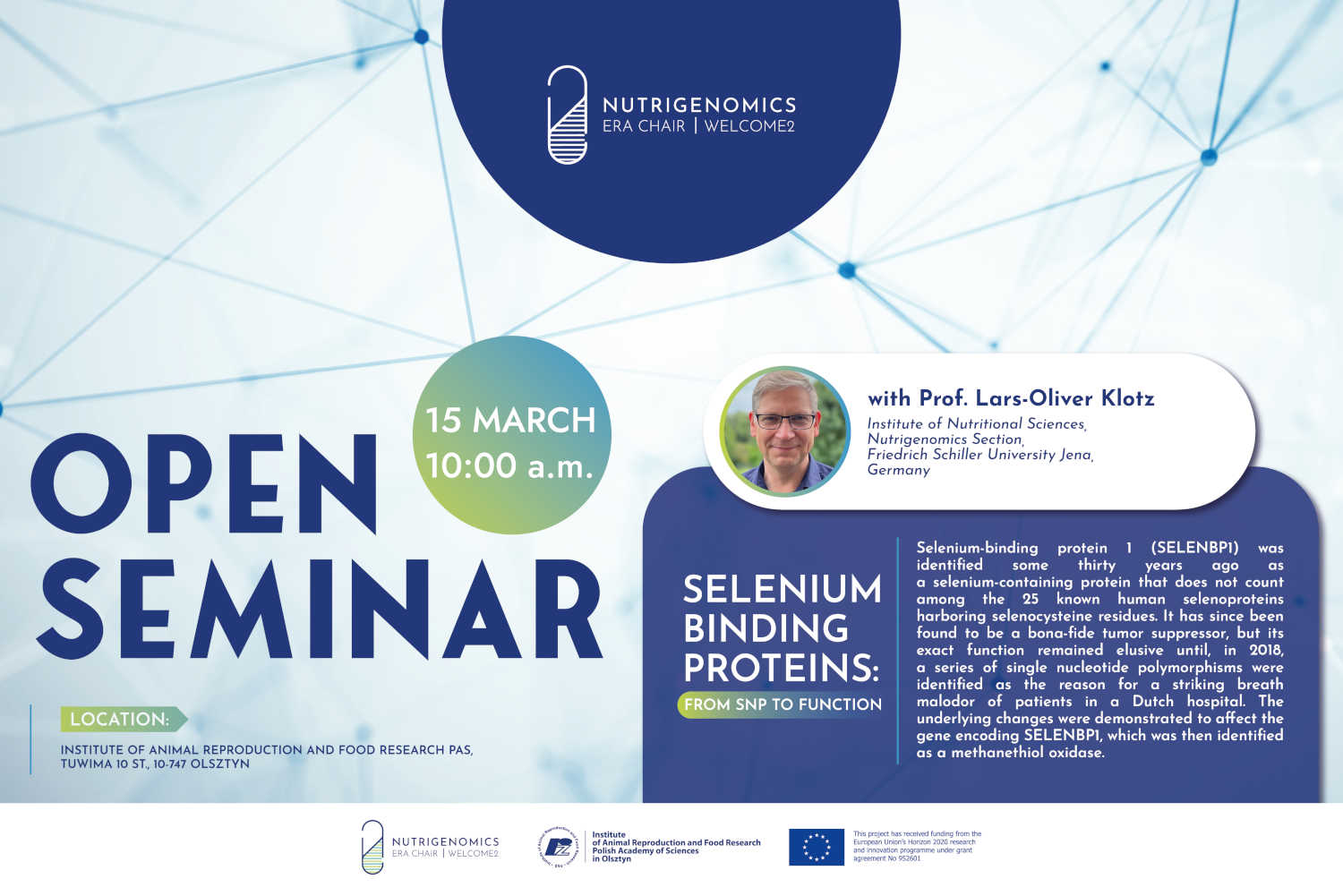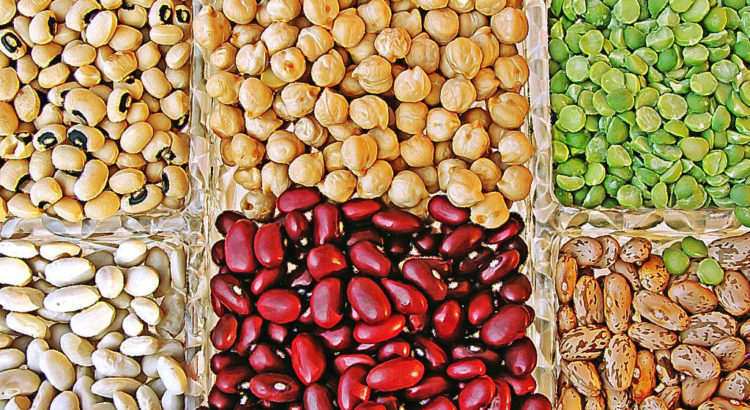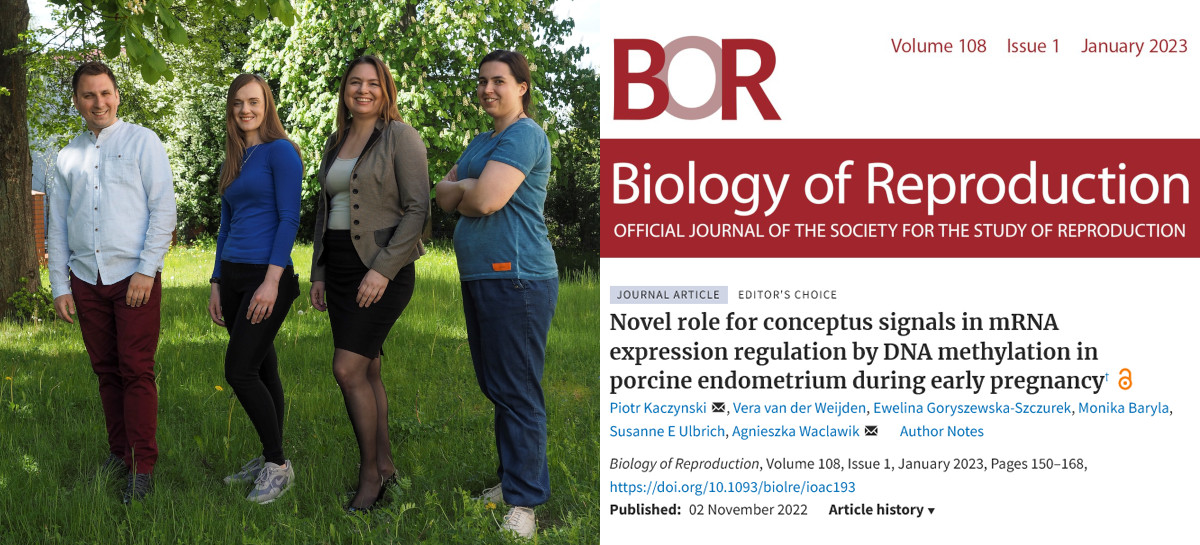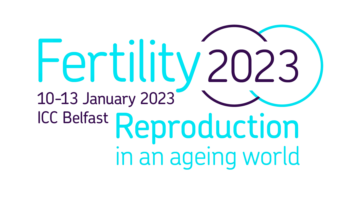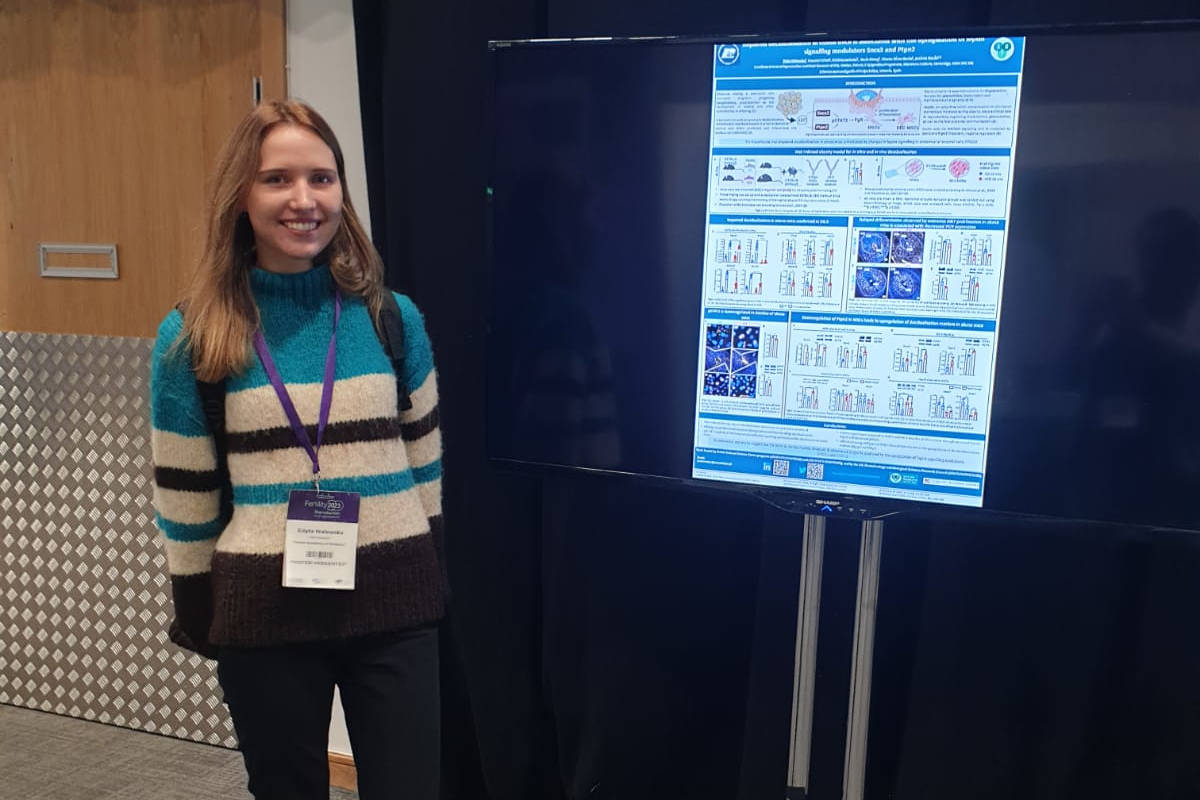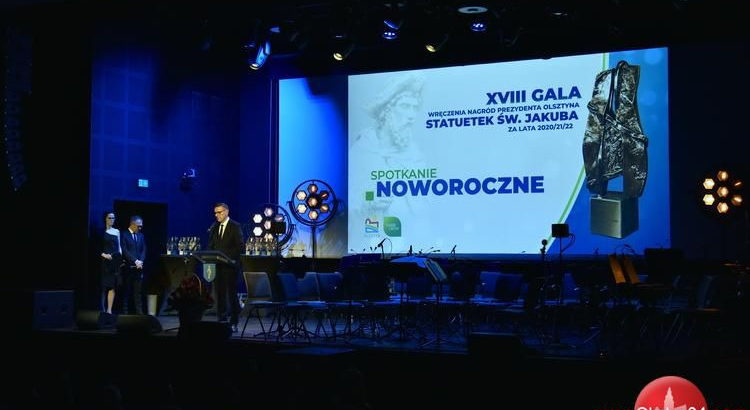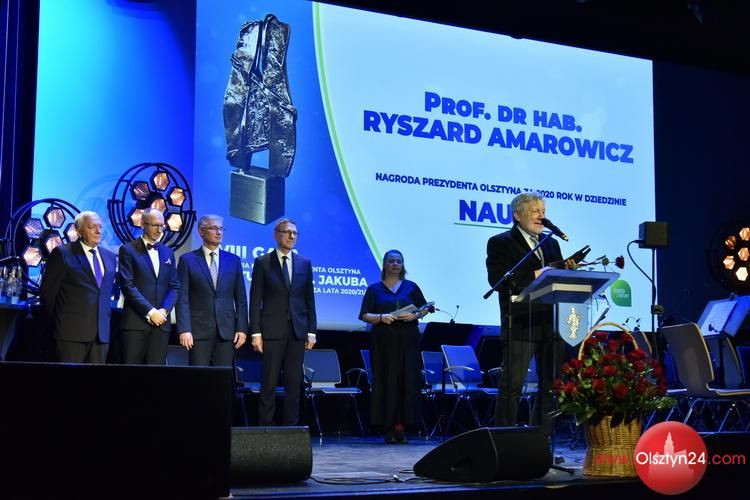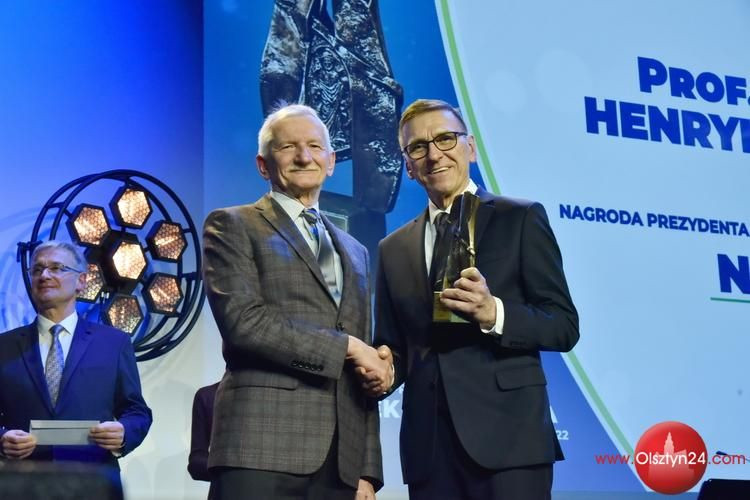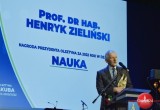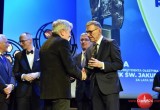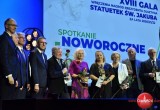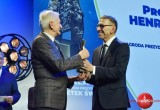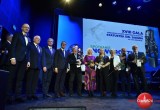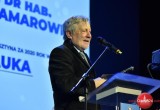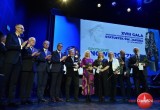After the autumn-winter period, our body needs vitamin D. Scientists have proven that even a balanced and varied diet is not enough to provide the total daily dose of this vitamin, because skin synthesis is its main source for the body. That’s why they advise you to expose your face to the sun in the spring and catch some vitamin D.
The latest recommendations for the prevention and treatment of vitamin D deficiency in children and adults in Poland have been developed by a team of scientists representing Polish and international medical societies and national specialist consultants. Their consensus, by Prof. Paweł Płudowski and the whole team has just been published in the journal „Nutrients” (https://doi.org/10.3390/nu15030695).
The development of the current guidelines was supported by prof. Carsten Carlberg, researcher of vitamin D, currently the leader of the scientific group dealing with nutrigenomics at the Institute of Animal Reproduction and Food Research of the Polish Academy of Sciences in Olsztyn.
„We cannot rely on diet as the only source of vitamin D – even a balanced and varied one is not enough, so in the autumn and winter everyone should supplement vitamin D” – indicated Prof. Carlberg as the most important message of the publication.
The most well-known action of vitamin D is to maintain an adequate level of calcium in the body to maintain normal bone structure. „This is the main reason why every child should be supplemented with vitamin D from birth – both in winter and summer. In addition, vitamin D is important for training our immune system to work effectively against microbial infections, but not overreacted to possible autoimmune reactions” – explained Prof. Carlberg.
Long-term vitamin D deficiency can lead to bone diseases – rickets in children and osteomalacia in adults. „Vitamin D deficiency also causes malfunction of the immune system, leading to increased susceptibility to infectious diseases or autoimmune diseases” – the researcher pointed out.
Prof. Carlberg added that for the average Pole, the level of vitamin D (i.e. the level of 25-hydroxyvitamin D3 in the blood serum) determining the deficiency is defined below 50 nM (20 ng/ml), although each person is characterized by a different sensitivity to vitamin D.
It has been scientifically proven that even a balanced and varied diet is not able to provide the total daily dose of the body’s demand for vitamin D, because its main source is skin synthesis in contact with UV radiation. However, as the scientists pointed, spending a lot of time indoors, wearing clothes and using sunscreens, as well as low intensity of solar radiation in the autumn and winter months, translates into numerous vitamin D deficiencies during this time.
Therefore, a well-chosen supplementation is crucial. „I suggest choosing the dose of the daily requirement based on body weight – if you weigh up to 75 kg, take 2000 units daily (in the autumn and winter), and if more – 4000 units (but not more; this is the maximum dose)” – advises Prof. Carlberg.
In turn, in the spring and summer months, from April to September, it is worth exposing the skin to the sun (remembering about adequate protection against sunburn). „The time of day is important. Two hours before and after the sun’s zenith (11am-3pm in summer time) are most effective. During this time, 20-30 minutes of exposure of the face and bare shoulders should be enough. Of course, avoiding sunburn each time ” – said Prof. Carlberg.
The scientist added that people who do not spend enough time outdoors even in summer should supplement vitamin D throughout the year.
In the developed guidelines, experts pay particular attention to the need for education in the field of vitamin D supplementation for preventive purposes, addressed primarily to medical societies, medical personnel and decision makers responsible for health policy. They also postulate the inclusion of practical tips on the prevention and treatment of vitamin D deficiency in everyday practice.
Read more
